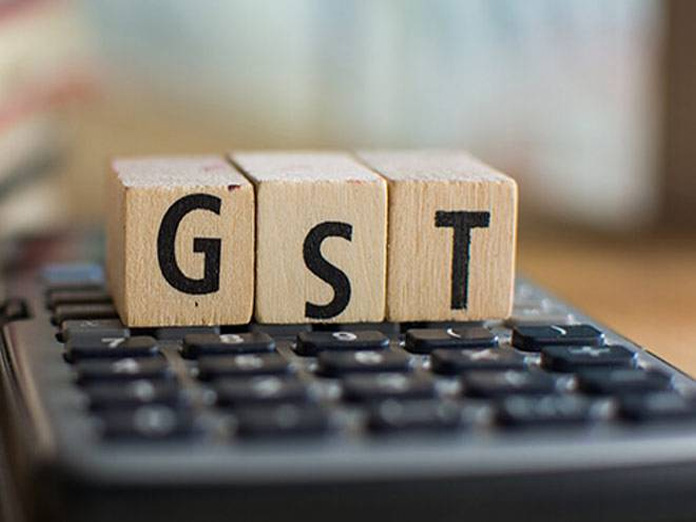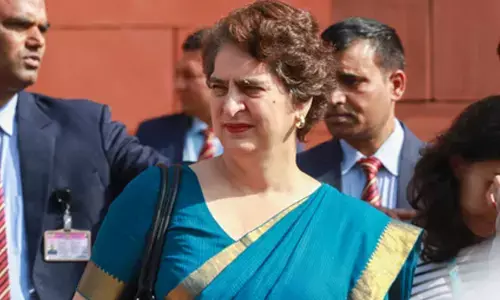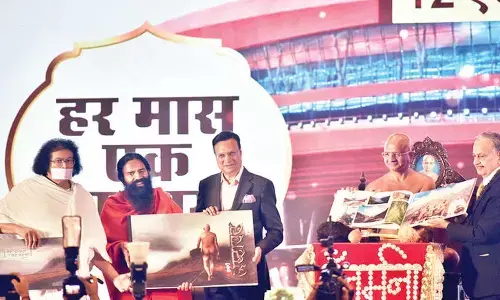Subdued tax collections major hurdle in meeting fiscal deficit target

Shortfall in tax collections, especially GST revenue, is expected to pose a major challenge to the government to meet its fiscal deficit target of 33 per cent of the GDP even as it has maintained that the shortfall would be made up by higher direct tax collections
New Delhi: Shortfall in tax collections, especially GST revenue, is expected to pose a major challenge to the government to meet its fiscal deficit target of 3.3 per cent of the GDP even as it has maintained that the shortfall would be made up by higher direct tax collections.
Goods and Services Tax (GST) revenue, which crossed the Rs 1 lakh crore mark only twice this year - in April and October - has remained largely subdued for the rest of the year and in the range of Rs 94,000 crore to Rs 97,000 crore per month against the annual GST collection target of Rs 13.48 lakh crore, which translates to monthly average target of Rs 1.12 lakh crore.
Barring April, when the collections rose to Rs 1,03,000 crore (tax paid on March transactions) largely because of what the government called "the financial year-end effect", GST revenue reached its peak in October when the total collection was Rs 100,710 crore and then slid to Rs 97,637 crore in November and Rs 94,726 crore in December. According to sources, the January GST collection, for transactions made in December, are also likely to remain subdued and in the range of Rs 94,000 crore to Rs 96,000 crore, which remains a cause of worry for the government.
The only consolation is that the average monthly tax collected this year has been close to Rs 96,800 crore, a significant increase over the monthly average of Rs 89,700 crore collected last year.
However, even with this increase, the government is expected to fall short of its annual GST collection target by around Rs 1.87 lakh crore. However, since that includes all GST components - Central-GST (CGST), State-GST (SGST), Integrated-GST (IGST) and the compensation cess - the impact on fiscal deficit could be less. In the 2018-19 Budget, GST collections, excluding compensation cess, had been pegged at almost Rs 6.54 lakh crore, out of which the Centre aimed to collect CGST worth Rs 6.04 lakh crore.
Till December, the total CGST collection stood at just around Rs 1.47 lakh crore. If the collection trend continues, this would translate to a total annual collection of Rs 1.96 lakh crore, a shortfall of a whopping Rs 4.08 lakh crore.
What may come to the rescue of the government is the IGST collection which till December stood at around Rs 4.5 lakh crore. Considering the theoretical premise that it would be split between the Centre and the states in equal measure, the annual figure could come to around Rs 3 lakh crore for the Central government, if the trend continues. This would make the total collection for the Centre at Rs 4.96 lakh crore, still short of the Budget estimate by around Rs 1.58 lakh crore. Of course, the government will have made up for most of this shortfall from other avenues.
Moreover, GST revenue is expected to slip further in the coming months as the latest round of rate cuts on 23 goods and services announced on December 22 came into force from January 1. The revenue impact of the same is estimated to be Rs 5,500 crore a year but would be reflected only in the February and March numbers in this fiscal.














